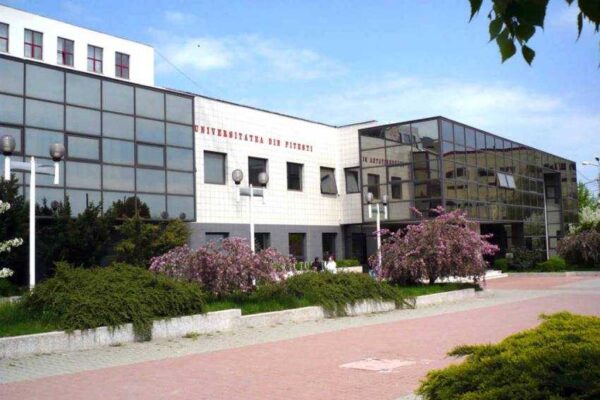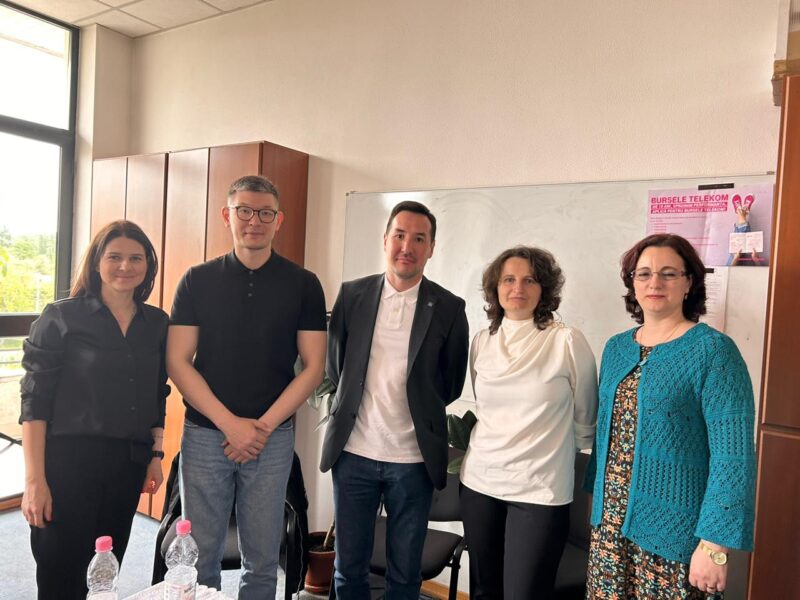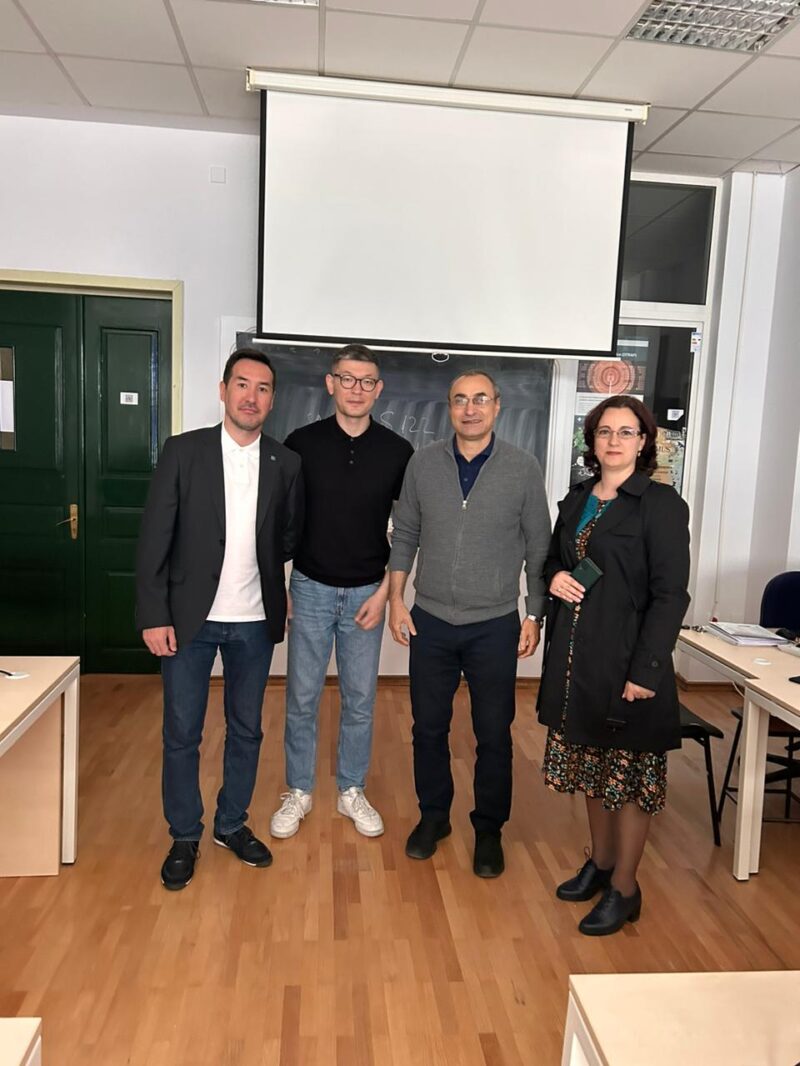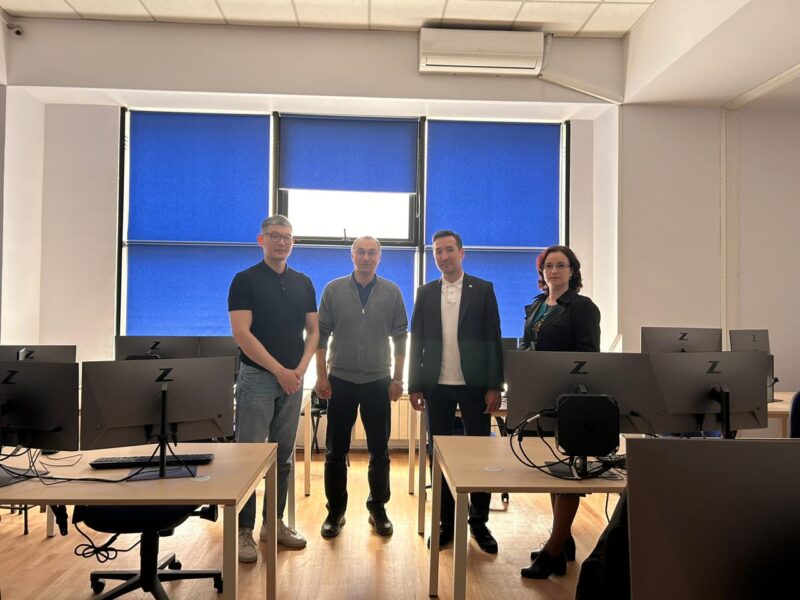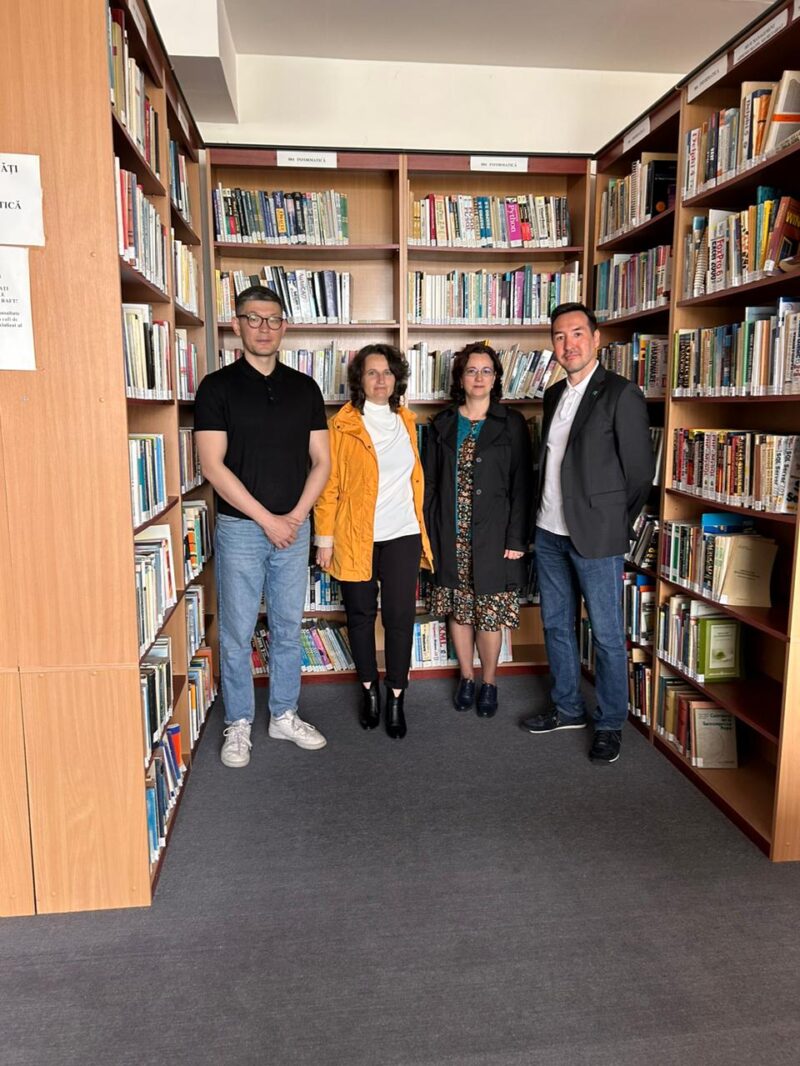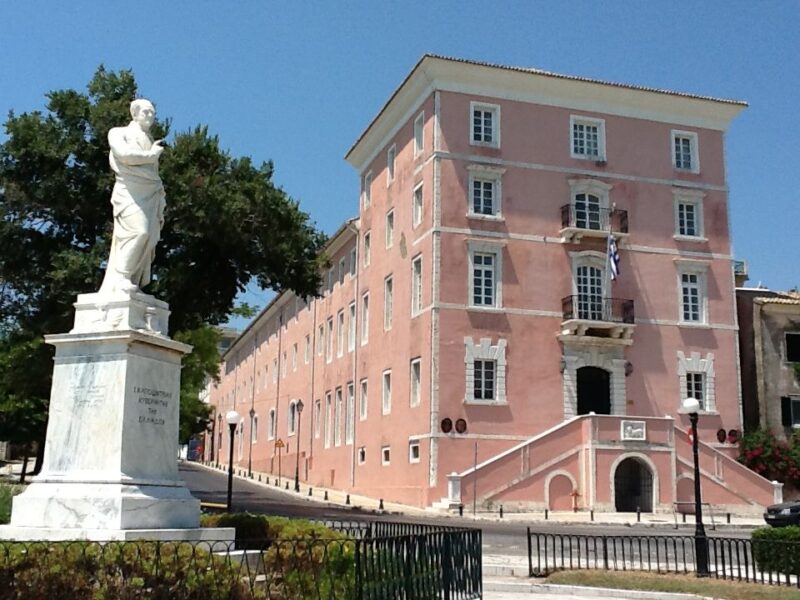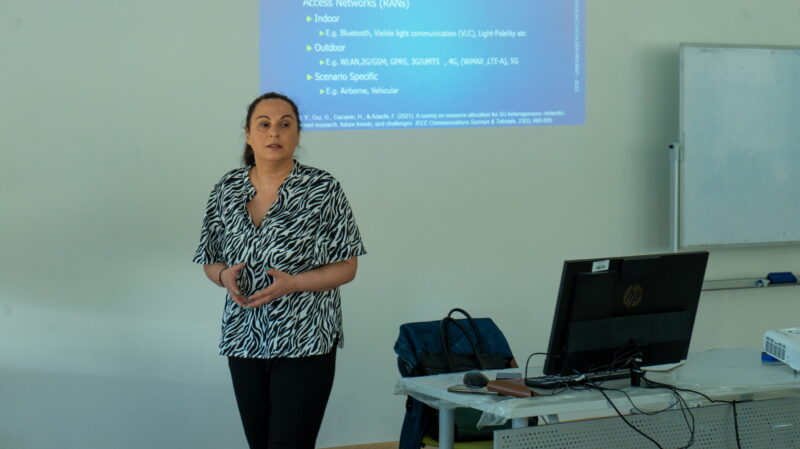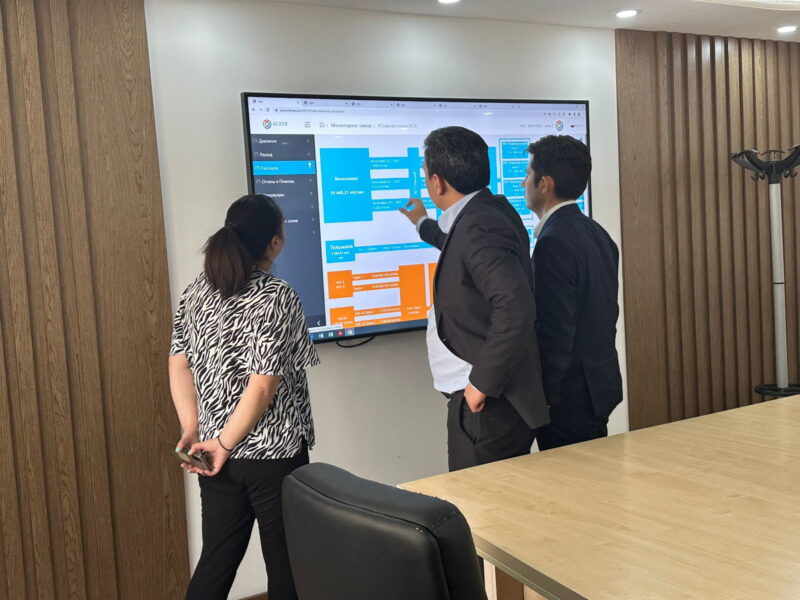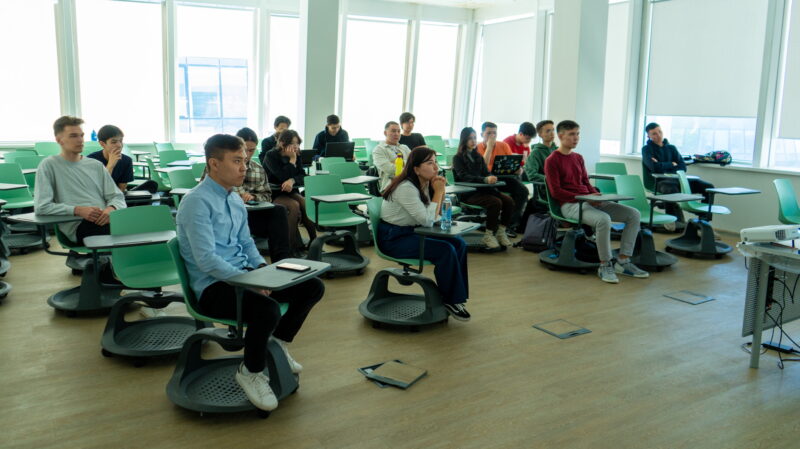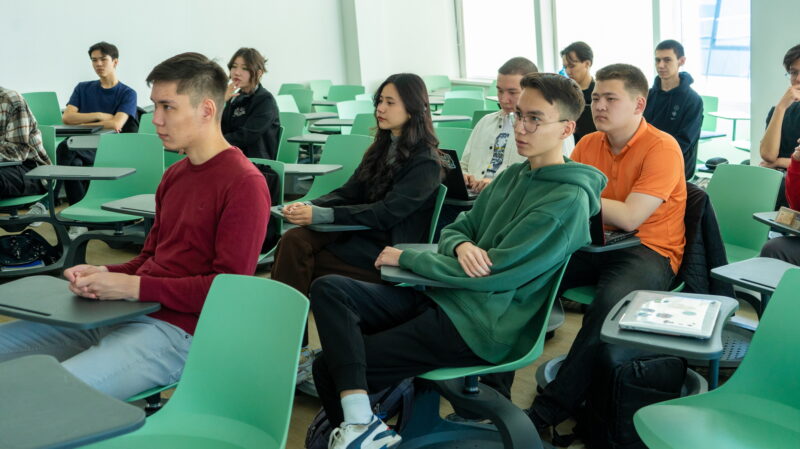University of Pitesti
The first higher education institution in Piteşti was founded in 1962, under the name of the “3-year Pedagogical Institute”, and provided pedagogical specializations in Mathematics, Physics, Biology, Chemistry, Philology and Physical Education and Sports. There followed an opening towards the technical specializations, which led to the establishment of the Institute of Associate Engineers (1969), united in 1974 under the name of the Institute of Higher Education. Subsequently, there were various other forms of organization, in a period the institution being under the subordination of the Bucharest Polytechnic Institute, until 1991, when, after three decades of accumulations in this intellectual segment, it became autonomous and received the name “University of Pitesti “.
Starting from the beginning, the University of Pitesti has polarized the interest of many young people in the country for the programs of study it offered and for the quality of the education provided by the exceptional academic staff, but also of students from all over the world, since Pitesti is famous for the largest Romanian Language Training Center for Foreign Students.
The University of Pitesti undertakes the mission of education and research, by achieving the modern university’s trinom: education – research – community services, as follows:
Professional development at the undergraduate and postgraduate level and in the concept of lifelong learning, for the purpose of personal development, insertion of graduates into the labor market, satisfying the socio-economic environment’s needs of competences and adaptability to permanent changes.
Generating and transferring knowledge through fundamental and applicative scientific research, development, innovation and technology transfer, individual and collective creation, relevant and meaningful at the regional, national, and international level.
Promoting and developing partnerships at the local, regional, and national level in order to involve the University in solving community problems and increasing visibility and prestige.
In over its 50 years of existence in the Romanian university area, the University of Pitesti has been and is recognized as a provider of human resource, prepared in an excellence-driven manner for the local, national, and international labor market. The University of Pitesti provides free and coordinated access to a modern education, folded on the needs and realities of the European socio-economic environment.




